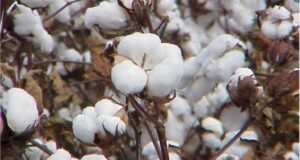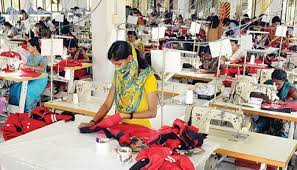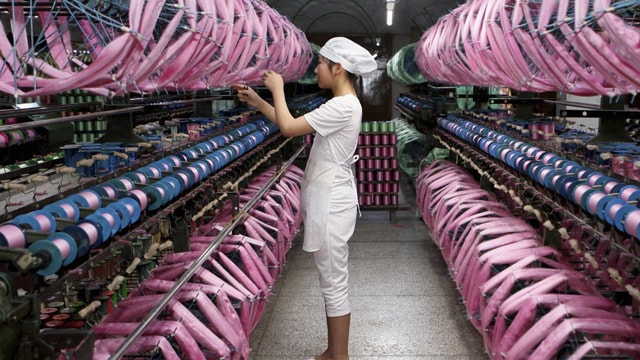The Government imposed Definitive Anti-Dumping Duty in January, 2017 on jute goods originating from Bangladesh and Nepal. Based on the current level of imports, the Industry has estimated that this has created scope for upto 2 lakh MT of additional demand for jute goods to be met by the Indian jute industry and has helped in reopening of 10 closed jute mills in Andhra Pradesh resulting in employment to about 25,000 workers.
Government of India is implementing Incentive Scheme for Acquisition of Plants and Machinery (ISAPM) for Jute Industry and Jute Diversified Products Manufacturing Units. The basic aim of this scheme is to facilitate modernization in existing and new jute mills and up- gradation of technology in existing jute mills and to provide assistance to a large number of entrepreneurs to manufacture value added bio-degradable jute diversified products (JDP) as well as for modernization and up-gradation of technology. An amount of Rs. 37.40 crore has been disbursed to the jute mills during the last four years for modernizing the machinery.
Jute-ICARE (Jute: Improved Cultivation and Advanced Retting Exercise), a pilot project launched in 2015 is aimed at addressing the difficulties faced by the jute cultivators by providing them certified seeds at subsidized rates, seed drills to facilitate line sowing, nail-weeders to carry out periodic weeding and by popularising several newly developed retting technologies under water limiting conditions. This has resulted in increased returns to jute farmers. An amount of Rs. 22.75 crore has been incurred during last three years which has benefitted around 1.83 lakh farmers.
To ensure consistent demand for jute mills, under the Jute Packaging Materials (Compulsory Use in Packing Commodities) [JPM Act], 1987, Government specifies the commodities and the extent to which they are mandatorily required to be packed in Jute Packaging Materials. At present, a minimum of 90% of food grains and a minimum of 20% of sugar are to be compulsorily packed in jute sacking. On an average, the annual Government procurement of jute bags is 7.5 lakh metric tonnes and an expenditure of Rs. 6500 crore is incurred by the Government for the purpose of JPM Act.
The total jute production during the financial year 2017-18 and 2018-19 is given below:
(In ‘000 Metric Tonnes)
| State | 2017-18 | 2018-19 (till June, 2018) |
| A.P. | 41.7 | 8.7 |
| U.P. | 5.7 | 1.3 |
| Odisha | 6.5 | 2.9 |
| Assam | 9.3 | 3.1 |
| Chhattisgarh | 10.1 | 3.1 |
| Tripura | – | 0.1 |
| West Bengal | 1104.8 | 266.5 |
| Total | 1178.1 | 285.7 |
The details of imports and exports of jute products during the last three years and the current year is given below:
(Rs. in Crores)
| Year | Import Value | Export Value |
| 2015-16 | 1257 | 1892 |
| 2016-17 | 931 | 2074 |
| 2017-18 | 1169 | 2159 |
This information was given by the Minister of State of Textiles, Ajay Tamta, in a written reply in the Lok Sabha today.
 Indian Industry Plus A Pratisrutiplus Suppliment
Indian Industry Plus A Pratisrutiplus Suppliment
















